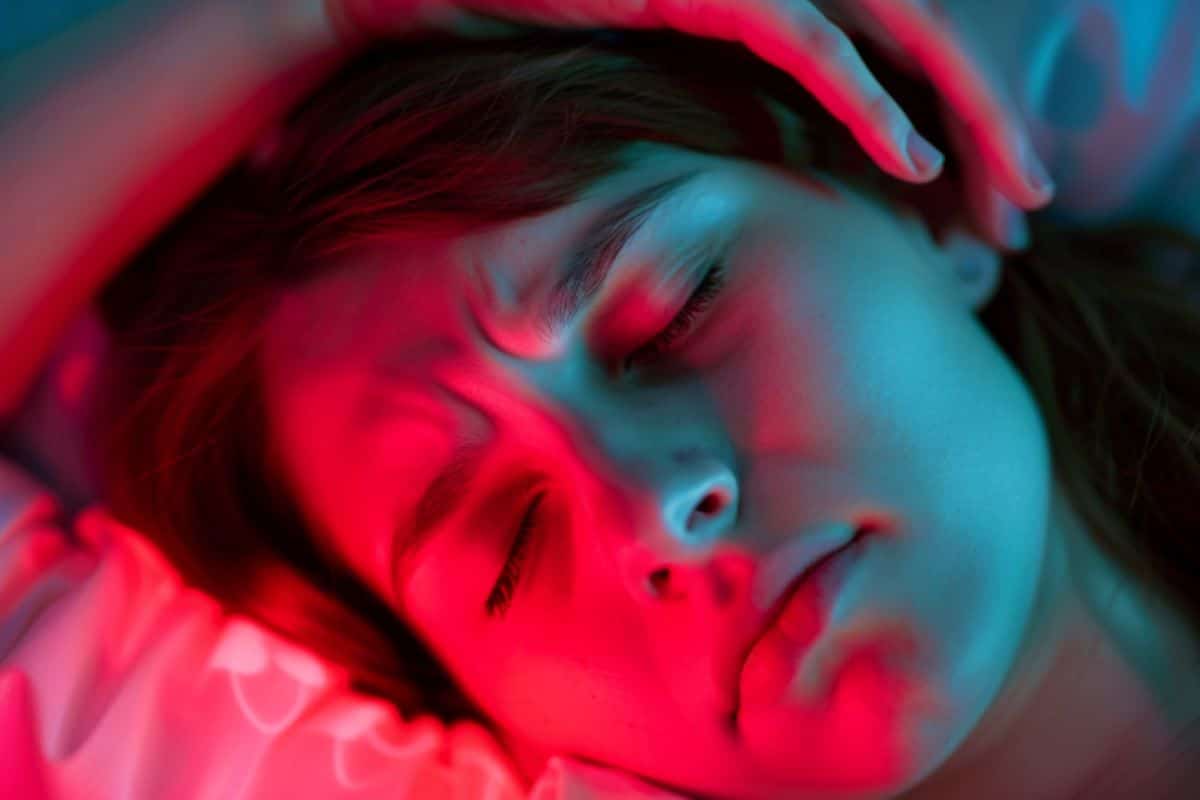But you don't explain anything about the indoor temperatures compared to these outdoor temps. So I see nothing useful from this research. Did the cases occur outside or inside?
Hot Nights Raise Stroke Risk
Summary: A new study reveals a significant link between hot nights and increased stroke risk, particularly in the elderly and women. Researchers analyzed 15 years of data from Augsburg University Hospital and found a 7% increased risk of stroke following tropical nights. The study emphasizes the need for adaptation strategies and urban planning adjustments to mitigate the impact of rising night-time temperatures on public health.
Key Facts:
- Hot nights increase stroke risk by 7%, especially in elderly people and women.
- Stroke risk linked to hot nights has increased significantly in recent years.
- Researchers are developing recommendations for adaptation strategies and urban planning to mitigate this risk.
Source: Helmholtz
Climate change is resulting in more and more extreme weather events. These include extremely hot, so-called tropical nights.
The research team led by Dr. Alexandra Schneider investigated the effects of night-time heat on the risk of stroke.
“We wanted to understand the extent to which high night-time temperatures pose a health risk,” says the head of the working group Environmental Risks at Helmholtz Munich.

“This is important because climate change is causing night-time temperatures to rise much faster than daytime temperatures.”
Data on 11,000 strokes from 15 years
In their study, the researchers analyzed data from Augsburg University Hospital. Its Department of Neurology has collected data on around 11,000 strokes over 15 years. The analysis shows that extreme heat at night increases the risk of stroke by seven percent.
“Elderly people and women are particularly at risk, and it is mainly strokes with mild symptoms that are diagnosed in clinics after hot nights,” says the study’s lead author, Dr. Cheng He.
“Our results make it clear that adjustments in urban planning and the healthcare system are extremely important to reduce the risks posed by rising night-time temperatures.”
This is all the more true as “we were able to show that the risk of stroke associated with high night-time temperatures increased significantly in the period 2013 to 2020 compared to the period 2006 to 2012,” as Prof. Michael Ertl, head of the Stroke Unit and the neurovascular working group at Augsburg University Hospital, emphasizes.
From 2006 to 2012, hot nights resulted in two additional strokes per year in the study area; from 2013 to 2020, there were 33 additional cases per year.
Recommendations for adaptation strategies and urban planning
The researchers plan to make their findings applicable in practical settings. To this end, they are working on recommendations for public adaptation strategies and urban planning, such as reducing the intensity of urban heat islands.
The aim is to better protect the population from the effects of night-time heat. The study will also serve as a basis for further research to develop targeted preventive measures against stroke-promoting factors.
“The earlier these preventive measures are implemented, the better,” says Alexandra Schneider.
The results of the study are also of great importance for hospitals. They will be able to better adapt to the frequency of strokes in the future: If the weather forecast predicts a hot night, it can be expected that more cases will come to the clinics.
This allows clinics to provide more staff to care for patients as a precaution, explains Prof. Markus Naumann, Director of the Neurological University Hospital in Augsburg.
Background: What are tropical nights?
“Tropical nights” are defined using the so-called “Hot Night Excess Index” (HNE). It measures how much temperatures rise above a certain threshold value at night. The threshold value is the temperature that is only exceeded on the five percent warmest nights during the entire study period.
In this study, this value is 14.6 °C. If temperatures rise above this value at night, this is categorized as a tropical night. The HNE index adds up how many degrees the temperatures are above this threshold during the night hours to determine the intensity of the heat.
About this stroke research news
Author: Verena Coscia
Source: Helmholtz
Contact: Verena Coscia – Helmholtz
Image: The image is credited to Neuroscience News
Original Research: Open access.
“Enhanced risk of all and ischemic stroke associated with nighttime heat exposure” by Alexandra Schneider et al. European Heart Journal
No comments:
Post a Comment